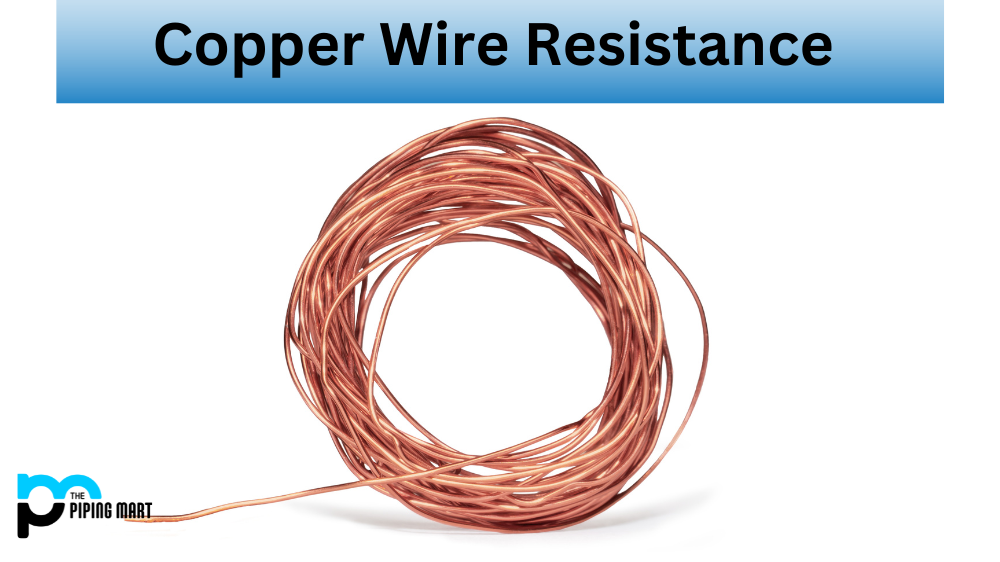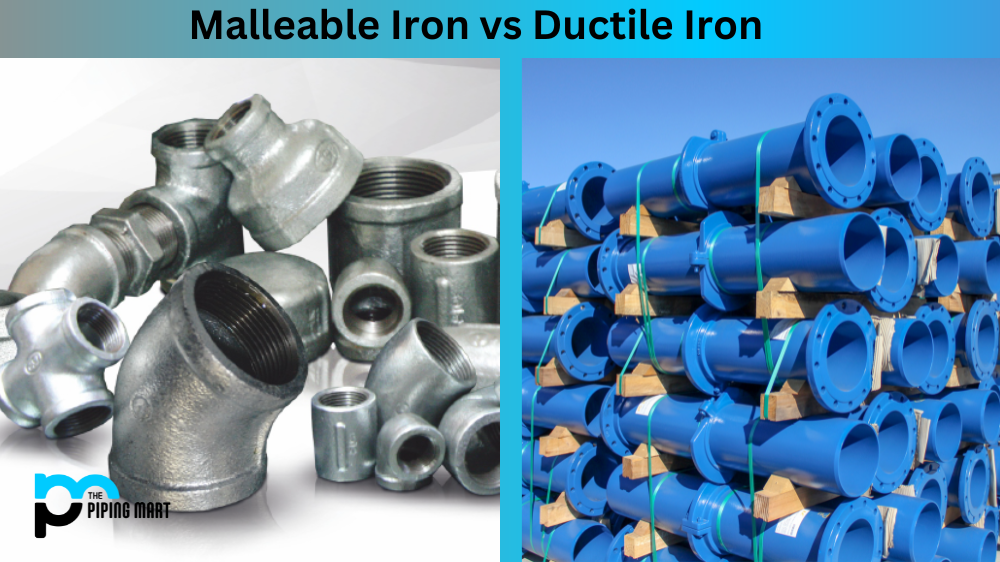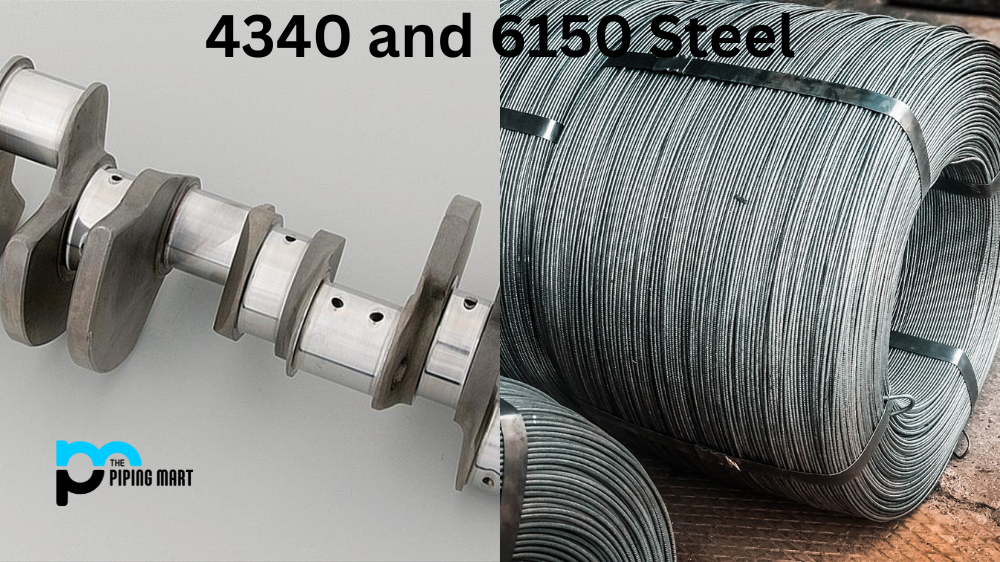Have you ever wondered why copper wire is so often used in electrical applications? It’s because copper has a very low resistance, making it an ideal material for conducting electricity. But what exactly is resistance when it comes to copper wire? Let’s take a look at how this factor affects the use of copper wiring and why it’s so important.
What Is Resistance?
Resistance is a measure of how much a conductor resists the flow of electric current. It’s measured in ohms and is determined by a number of factors, such as the length, diameter, and temperature of the wire. The lower the resistance, the less energy that needs to be expended to make electricity move through the wire. This makes copper an ideal material for electrical wiring because its resistance is significantly lower than other materials, such as aluminum or steel.
How Does Temperature Affect Resistance?
Temperature also plays an important role when it comes to resistance. As temperatures increase, so does the resistance of copper wire. This means that if a current is flowing through a piece of copper wire that’s too hot, more energy will be needed to push electricity through it than if it were cooler. That’s why it’s important to make sure that wires are not exposed to high temperatures that could cause them to overheat and become less efficient at conducting electricity.
Why Is Copper Used For Electrical Wiring?
Copper has many advantages over other materials when it comes to electrical wiring. Not only does it have very low resistance, but it is also non-magnetic and corrosion-resistant, which makes it highly durable and long-lasting. Additionally, copper is easily joined together with other pieces of metal using soldering or welding techniques which makes it easy to install in various applications such as circuit boards or home wiring projects.
Conclusion:
In conclusion, understanding resistance in relation to the copper wire can help you better understand why this material is so widely used in electrical applications. Its low resistance allows for efficient current flow, while its durability ensures long-term performance even under extreme conditions such as high temperatures or corrosive environments. Whether you are looking for wiring solutions for your home or business, understanding how different materials affect current flow can help you make better decisions about which type of material will work best for your application. With all these advantages, there’s no wonder why copper is one of the most popular choices for electrical wiring projects!

A passionate metal industry expert and blogger. With over 5 years of experience in the field, Palak brings a wealth of knowledge and insight to her writing. Whether discussing the latest trends in the metal industry or sharing tips, she is dedicated to helping others succeed in the metal industry.




